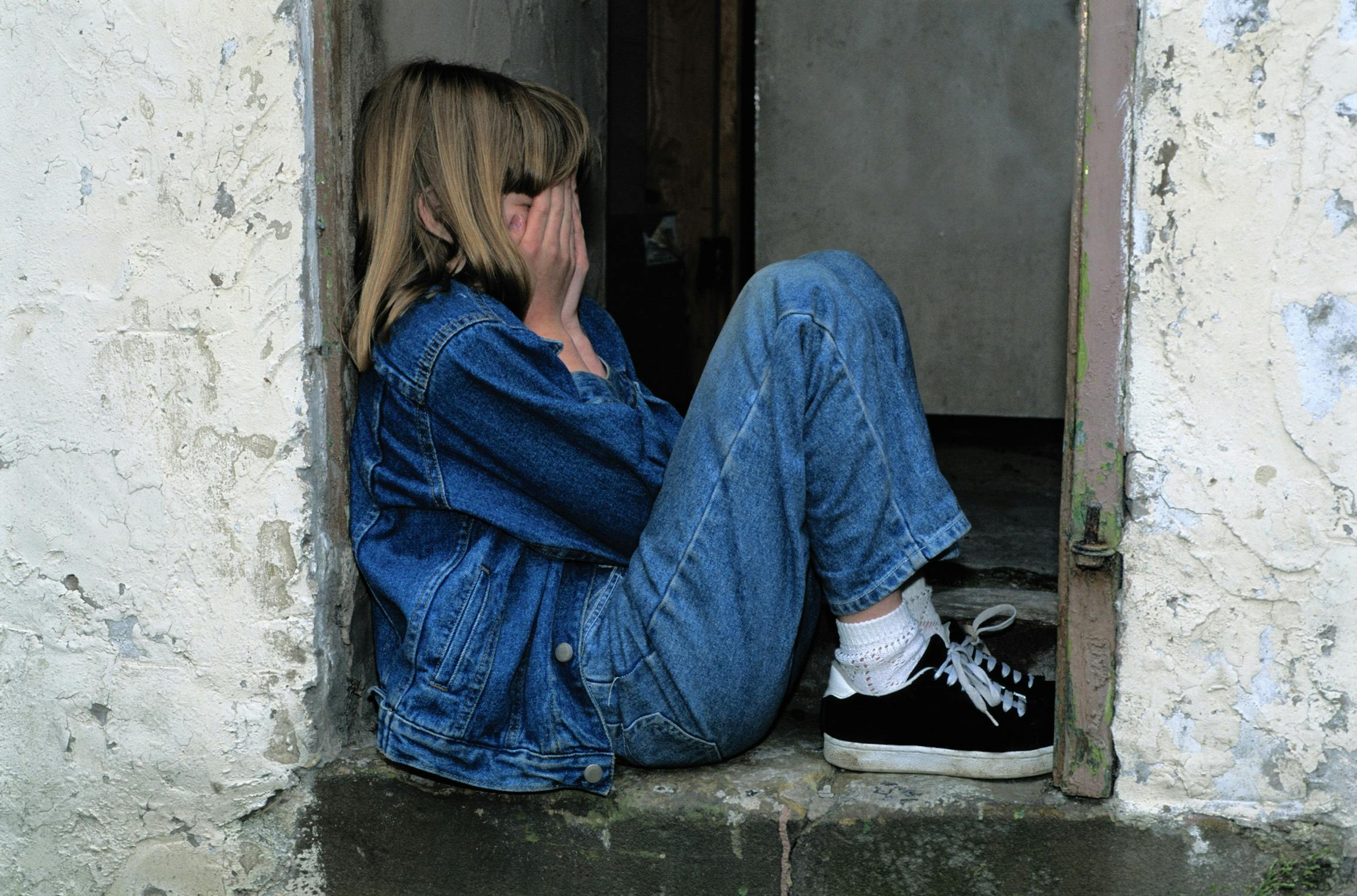Understanding Early Signs of Depression in Teens
Teenagers go through many changes. Sometimes these changes can feel like more than just growing up. If your teen seems sad, tired, or different, they might be showing early signs of depression. Depression is a mental health disease that can affect the brain, emotion, and mood. It’s more than just feeling sad. It’s a serious issue, but there is help.
Let’s explore the signs, how to talk to your teen, and when to get help from a health care provider or school counselor.

What Is Depression?
Depression is a mental health condition. It can cause deep sadness, fatigue, and low motivation. Teens with depression might have trouble at school, with friends, or at home. It is not their fault and they are not alone. Depression can happen because of changes in hormones, family history, or tough life events like grief.
There are different kinds of depression, like:
Dysthymia (a long-lasting but less intense kind of depression)
Bipolar disorder (a mood disorder that includes extreme highs called mania and deep lows)
Seasonal affective disorder (sadness that happens during certain seasons, like winter)
Early Emotional Signs to Look For
Sadness That Doesn’t Go Away
If your teen feels sad or guilty almost every day for two weeks or more, it may be a sign of depression. This sadness can feel heavy and hard to explain.
Losing Interest in Favorite Things
A big red flag is anhedonia—when your teen stops liking things they used to love, like sports, music, or being with friends. This means the brain is not feeling joy the way it used to.
Feeling Hopeless or Empty
Your teen may say things like “What’s the point?” or “Nothing matters.” These kinds of thoughts can be serious and should be taken with care.
Physical Signs of Depression
Changes in Sleep
Your teen may sleep too much or have insomnia, which means not sleeping well. They may feel tired all day, even after a full night’s sleep.
Appetite and Weight Changes
Some teens with depression may eat too little or too much. This can cause weight loss or weight gain. These changes can happen quickly or over time.
Headaches and Pain
Depression can cause pain like headaches, stomachaches, or back pain. Even if a doctor can’t find a cause, these symptoms may still be very real.

Behavioral Signs to Watch
Anger or Irritability
Your teen may seem angry all the time or snap easily. This irritability is common in depressed teens.
Trouble at School
Depression can make it hard to focus or care about schoolwork. You might notice falling grades, skipping school, or not doing homework.
Social Isolation
Teens with depression often pull away from friends, family, or their community. They may spend lots of time alone or only be online.
More Screen Time
Too much screen time, especially alone, may mean your teen is avoiding real-life problems or feelings.
Risky or Harmful Behavior
Using Drugs or Alcohol
Some teens turn to substance abuse to cope with hard feelings. Alcohol or drug use can make depression worse and lead to other problems.
Talk of Death or Suicide
If your teen talks about death or suicide, this is an emergency. You can call or text 988, the Suicide & Crisis Lifeline, anytime for help.
What Causes Depression in Teens?
Many things can lead to teen depression:
Changes in serotonin and other brain chemicals
Family history of depression or bipolar disorder
Stressful events like divorce or loss
Bullying or problems with friendship
Chronic illness or pain
Lack of social support
No one is to blame. Depression is a health issue, just like a broken bone or the flu.
How to Help a Teen with Depression
Be a Supportive Parent
Let your teen know you are there for them. Ask how they feel. Listen without judgment. Offer love, support, and patience.
Talk to a Health Professional
A health care provider or clinic can help. They may suggest therapy, evaluation, or medication like an antidepressant.
Create a Routine
Teens do better with sleep, exercise, and healthy meals. These habits help with energy, sleep, and mood.
Work with the School
A teacher or school counselor can support your teen at school. Ask about extra help or changes to their school day.
Types of Help and Treatment
Talk Therapy
Talking with a therapist helps many teens. Therapy teaches coping skills and how to manage stress, worry, or guilt.
Medication
Some teens may need medicine to help balance brain chemicals like serotonin. A doctor or psychiatrist will decide if this is right for your teen.
Special Treatments
In very serious cases, teens might try electroconvulsive therapy (ECT) or other treatments if nothing else works. These are rare but can be life-saving.
Preventing Relapse and Staying Healthy
Keep Up with Care
Depression can come back (relapse), so your teen may need ongoing management of depression. This means regular check-ins and sticking with treatment.
Encourage Healthy Choices
Help your teen build strong friendships, limit screen time, and avoid alcohol and drug use. These steps protect their mental health.
Build a Strong Support System
Good social support helps teens feel cared for. Talk to your community, family, and school for more resources and information.
When to Call for Help
If your teen:
Talks about death or suicide
Hurts themselves
Stops eating, sleeping, or going to school
Uses drugs or alcohol a lot
Says they feel hopeless or empty
Get help right away. You can:
Call 988, the Suicide & Crisis Lifeline
Call your teen’s health care provider
Go to a mental health clinic
Your teen’s life matters. Help is always there.

FAQs About Early Signs of Depression in Teens
What are the first signs of depression in a teen?
Early signs include sadness, lack of interest in things, trouble sleeping, tiredness, and being angry or upset often.
Can a teen be depressed and still go to school?
Yes. Some teens with depression still go to school but may struggle with focus, grades, or socializing.
What’s the difference between sadness and depression?
Sadness goes away in a few days. Depression lasts longer and comes with other signs like tiredness, low appetite, and not enjoying things.
How do I talk to my teen about depression?
Choose a calm time. Say you’ve noticed changes and care about their health. Listen and offer to find help together.
Is it okay for teens to take antidepressants?
Yes. A health professional can decide if an antidepressant is right. Teens should be watched closely for any side effects.
Visit SAMHSA or contact us today for more information.





